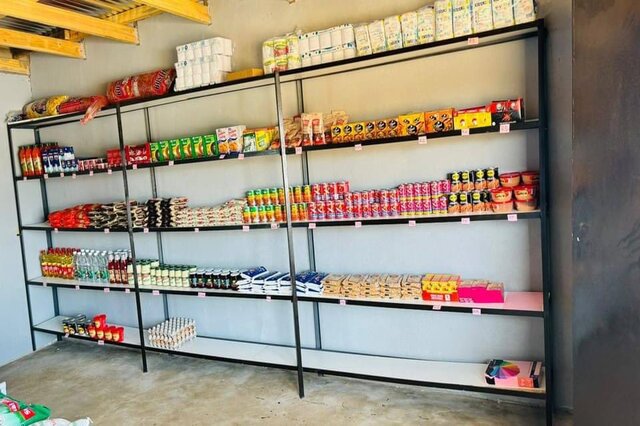Cape Town – The National African Federated Chamber of Commerce and Industry (Nafcoc) has criticised the government’s spaza shop registration initiative as unfair and poorly implemented, urging authorities to engage with affected communities and businesses for better solutions.
Tuesday, 17 December 2024, marked the final day for spaza shop registrations, an initiative by the government to tackle foodborne illnesses that have tragically resulted in the deaths of children nationwide.
The registration has, however, reportedly faced challenges, including overcrowding and insufficient application forms at centres like Jabulani Civic Centre in Soweto.
As reported by SABC News, Nafcoc Secretary-General Richard Zulu emphasised the need for the government to involve affected communities in the decision-making process.
“It is now time for government to begin to engage with affected communities and businesses like Nafcoc to find solutions. So this thing of government decisions on issues that affect businesses and not engage with business people themselves, it’s a problem. In fact, it has created more problems than solving them. Very soon we’ll have a huge problem in our country,” the report quoted Zulu as saying.
A week ago, Cooperative Governance and Traditional Affairs (Cogta) Minister Velenkosini Hlabisa clarified confusion around the spaza shop registration deadline, extending it to Tuesday, 17 December.
The 21-day registration period began after Ramaphosa’s 15 November announcement requiring all spaza shops to register with municipalities.
The government will assess applications after the deadline to ensure compliance with health and operational standards.
Non-compliant shops face closure.
Meanwhile, Gauteng authorities last said they had received only 1,916 completed forms out of 13,616 issued to both local and foreign shop owners since November 15.
This update was provided by Gauteng Finance and Economic Development MEC Lebogang Maile during a briefing in Bramley, Johannesburg.
“As of December 10, the number of spaza shops issued with registration forms stands at 13,616, of which 1,916 have been returned,” said Maile.
He added: “So far 2,605 applications have been issued to non-South African spaza shop owners based on data from the City of Tshwane, Ekurhuleni, West Rand district municipality (comprising Merafong, Rand West City and Mogale City municipalities) and the Sedibeng district municipality (comprising Emfuleni, Midvaal and Lesedi municipalities).”


